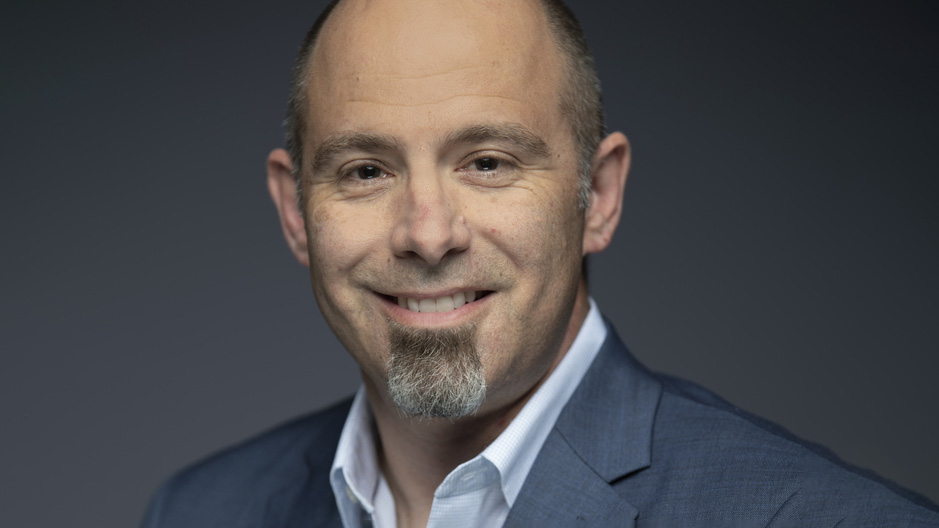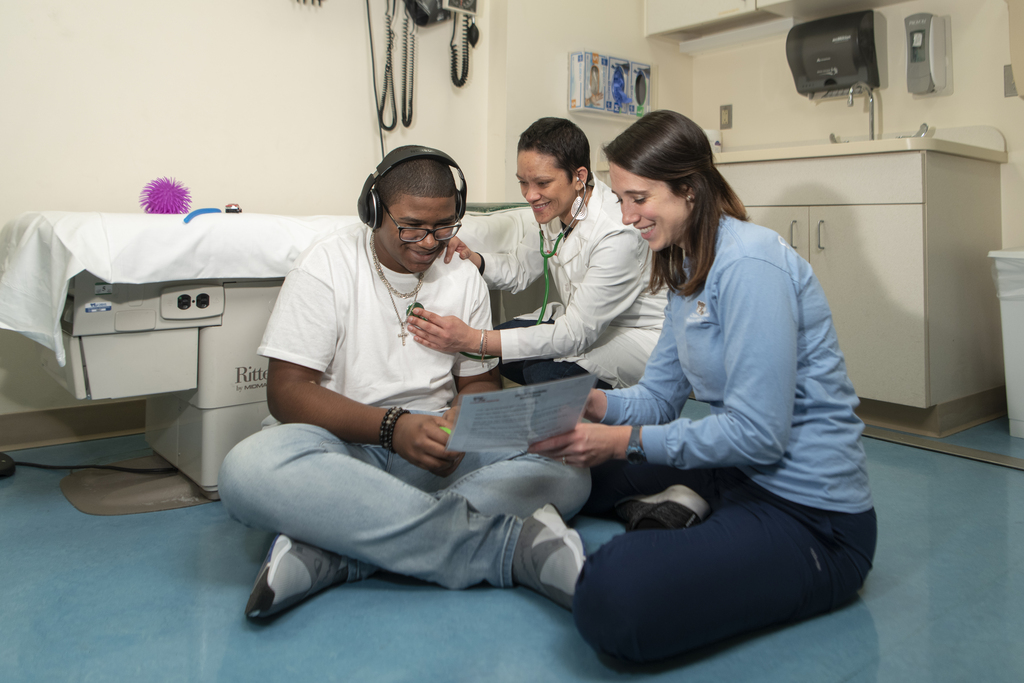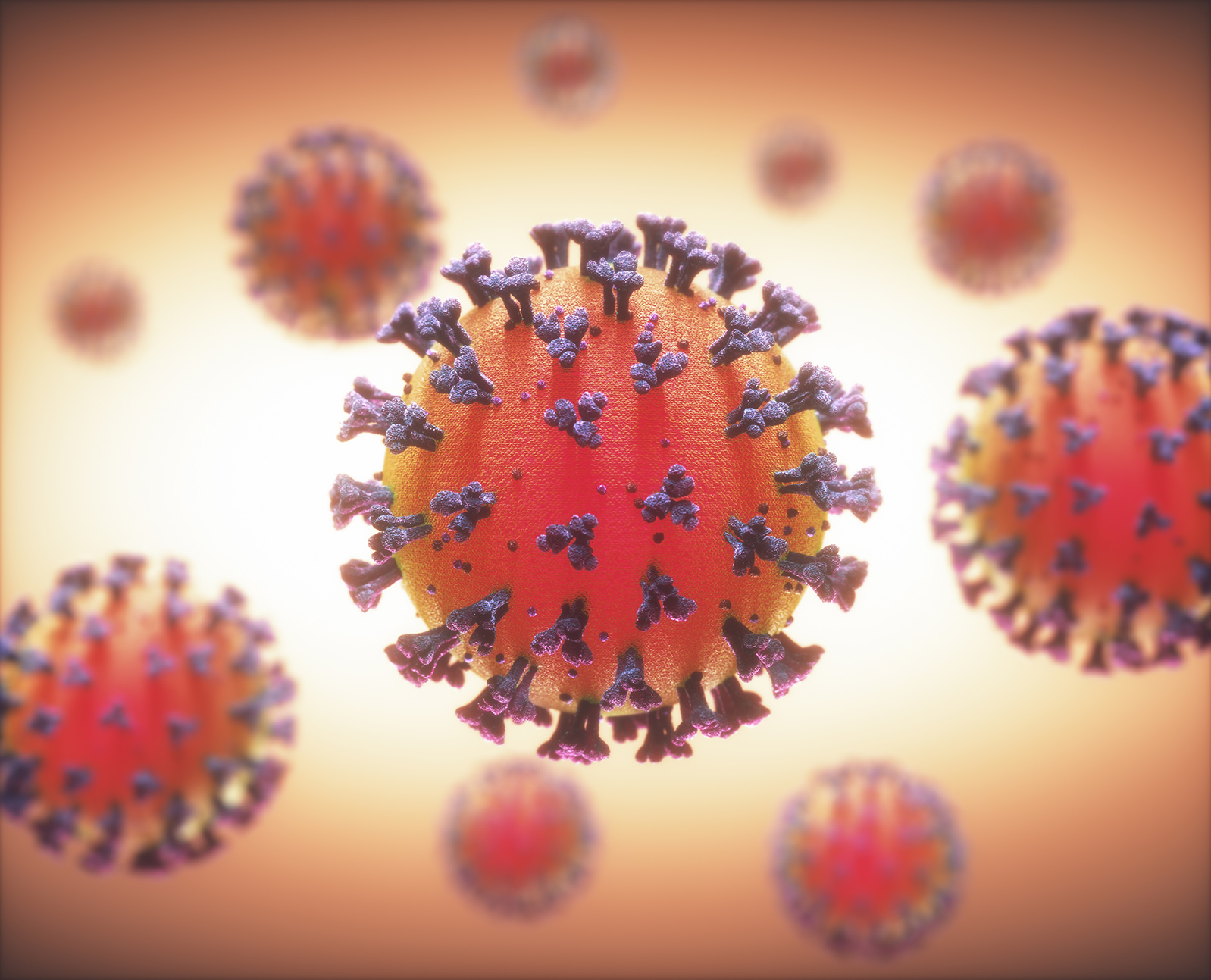CHILDREN'S NATIONAL RESEARCH INSTITUTE ACADEMIC ANNUAL REPORT 2021

Spotlight
Neurobiologist Tarik F. Haydar, Ph.D., takes the helm of Center for Neuroscience Research
Tarik F. Haydar, Ph.D., an award-winning neurobiologist whose research teases out how brain development differs in people with typical cognitive function compared with people with developmental disabilities such as Down syndrome, was welcomed as director of the Center for Neuroscience Research at Children’s National Hospital in fall of 2020.
As director, Dr. Haydar, most recently a professor in the department of Anatomy and Neurobiology at Boston University School of Medicine, oversees teams whose bench research closely informs clinical efforts to prevent or treat neurological, developmental and behavioral disorders that manifest during childhood but often have their origin before birth.
We hear a lot about ‘bench to bedside.’ But it is also crucial to support that flow in the other direction, to start with needs or observations in the clinic and then engage basic research to provide insights that inform an improved standard of patient care." –Tarik Haydar, Ph.D.
“I’m really excited. It almost feels like fate,” he said. “Children’s National is where I established my first lab as a new assistant professor way back in 2002 and it’s like coming home. One of the things I have been remembering and recommitting myself to is what translational research really means and the opportunity that a place like the Children’s National Research Institute (CNRI) enables: Being responsive to the clinical needs of patients and leveraging the power of CNRI and the Center for Neuroscience Research to investigate the underlying causes of neurodevelopmental disorders and working towards potential solutions.”
“We hear a lot about ‘bench to bedside,’ which means basic research in the lab eventually making its way into the clinic and being applied as medicine for people,” he added. “But it is also crucial to support that flow in the other direction, to start with needs or observations in the clinic and then engage basic research to provide insights that inform an improved standard of patient care.”
In his own work, Dr. Haydar will continue his pre-clinical, laboratory-based explorations of the cellular and molecular mechanisms of genetic disorders such as Down syndrome. His research, conducted in close collaboration with the clinical work within the Division of Neurodevelopmental Pediatrics and Neurogenetics, led by Andrea Gropman, M.D., aims to bridge the gap of understanding that both researchers and clinicians still have about how genetic syndromes like Down syndrome evolve over time, and how a patient’s unique anatomy and physiology may play a role in that evolution.
“I am thrilled that our nationwide search identified Dr. Haydar as the premier candidate for this important position,” said Vittorio Gallo, Ph.D., Interim Chief Academic Officer and Interim Director of Children’s National Research Institute. “We were impressed with his vision for our future and inspired by his enthusiasm in fulfilling the promise of additional research collaborations.”

